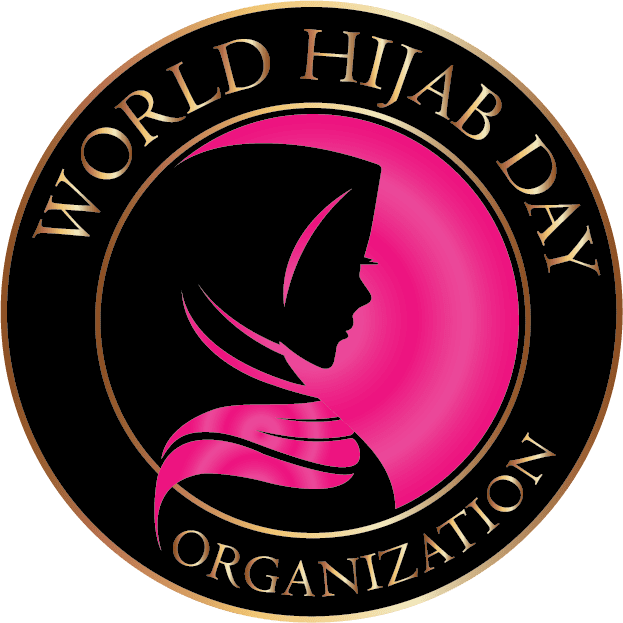By Dr. Khadijah Tijani
As a medical doctor, working in the Holy city of Makkah, it was ironically more difficult to get a chance to perform Hajj. The only consolation was the fact that Umrah was literally like a walk in the park.
Imagine spending two years as a bona fide resident of the city, but not getting a chance to observe Hajj! The main reason being that we had to take turns, as healthcare professionals play a vital role in the successful hosting of pilgrims.
By the third year, I was certain that nothing was going to stop me, إِنْ شَاءَ ٱللَّٰهُ (God willing in Arabic).
Well, two things almost stopped me:
Firstly, I was seven-months pregnant by the beginning of Dhul-Hijjah.
لْحَمْدُ لِلَّٰهِ, other than the fatigue, which was manageable, I spent 40 hours per week (plus 24-48 call hours) working at the hospital.
Secondly, while preparing the hajj rota, my boss asked me to choose between working and not working during Hajj. Without any hesitation, I declared that I would be going for Hajj.
“But you can work and save the money to buy things for your baby,” she urged.
Truly, the hajj bonus was a great temptation! If you work for the first 15 days of Dhul-Hijjah, 12 hours/day back-to-back, and stay on continuous standby in case of any disaster, your reward will be a whooping 150% bonus on top of Dhul-Hijjah salary! Mouth-watering, right?
Not to sound rude, I told my boss to give me time to think about it and discuss it with my husband. Of course, I had my mind made up and my husband was already aware of this. Actually, we would have performed Hajj together, but he could not that year. Besides, a woman is not required to be accompanied by a mahram if she lives in Makkah, but it’s advisable for her to move with a group. Even residents are required to have a Hajj permit to move freely around certain areas of Makkah during this time.
لْحَمْدُ لِلَّٰهِ, my career and pregnancy were blessings in themselves, but hajj is a reward comparable to that of fighting on a battlefield.
I asked myself, “What if I don’t make it ‘til next year? What if I leave Makkah and coming back becomes a big hassle?”
After exchanging hugs and kisses with my children and handing them over to the nanny, I assumed the state of ihram and left home just after maghrib prayer on the 8th night of Dhul-Hijjah 1439. A driver dropped me at the Hajj agency’s office in Aziziyyah, where we moved to Mina in batches.
I made the intention for “hajjul ifrad,” the easiest of the three types of Hajj. Then, I started chanting the talbiyah:
Labbayka Allāhumma labbayk. Labbayk lā shareeka laka labbayk. Inna al-ḥamda, wa n‘imata, Laka wal mulk. Lā shareeka lak: “Here I am, O’ Allah, here I am, here I am. You have no partner, here I am. Verily all praise and blessings are Yours, and all sovereignty. You have no partner.”
Our group arrived at Mina that evening and I settled in the bed space that had been assigned to me. More than 20 other ladies and some children occupied that same tent. It was crowded, but cozy. Later that night, two ladies arrived from Riyadh and occupied the beds on my right. They were accompanied by their elder brother.
These Syrian sisters became my helpers for the entire Hajj period. They felt so sorry for me because I was pregnant and all by myself. I, on the other hand, felt it was just the perfect recipe for a soulful dialogue with my Lord. I had no regrets leaving everything behind – my home, my family and the juicy Hajj bonus. At that point, I was only interested in standing alone as a worshiper amidst hundreds of thousands of other worshippers. The solitude reminded me of the “Day of Judgment,” when it will be every human and jinn for themself, سبحان الله.
The first day of hajj (8th day of Dhul-Hijjah) is known as the day of “At-Tarwiyah.” In the olden days, pilgrims used to collect water in preparation for the journey ahead. But, life is much easier now. We had plenty of food and cold drinks to keep us nourished and hydrated. We also spent the day praising Allah and asking for His Mercy.
My Syrian sisters helped me get my meals from the dining area. I didn’t have to join the queue to use the bathroom. They would ask me to sit in the room until the crowd had cleared. When it was time to move to Arafah after fajr on the 9th, they walked with me, hand-in-hand. They held the umbrella above my head as the scorching sun melted the clouds. They slowed down for me, and stopped when I needed to rest. They asked me at intervals, if I was able to walk with my legs or if they should get me a wheelchair لْحَمْدُ لِلَّٰهِ.
Stay tuned for Dr. Khadijah’s pilgrimage story continued in next week’s post.
ABOUT THE AUTHOR:

Dr. Khadijah Tijani is a Nigerian medical doctor, a creative blogger and a published author. She grew up in Ibadan, Oyo State and graduated from the College of Medicine at the University of Ibadan in 2009. After five years of practice in Nigeria, she relocated to Saudi Arabia where she worked as a resident physician in the Department of Obstetrics and Gynaecology. Known as “Doctor KT,” Tijani is a women’s health advocate and a prolific health blogger for her own blog, www.askdoctorkt.com. She also runs an online platform, known as “Breastfeeding Support Lounge,” where she supports mothers towards achieving their breastfeeding goals. Tijani is the published author of “Wholesome Motherhood,” “Nature’s Superfood,” and “The Stampede: Tales of Love, Trials and Faith.”
Twitter @askdoctorkt
Instagram @askdoctorkt


